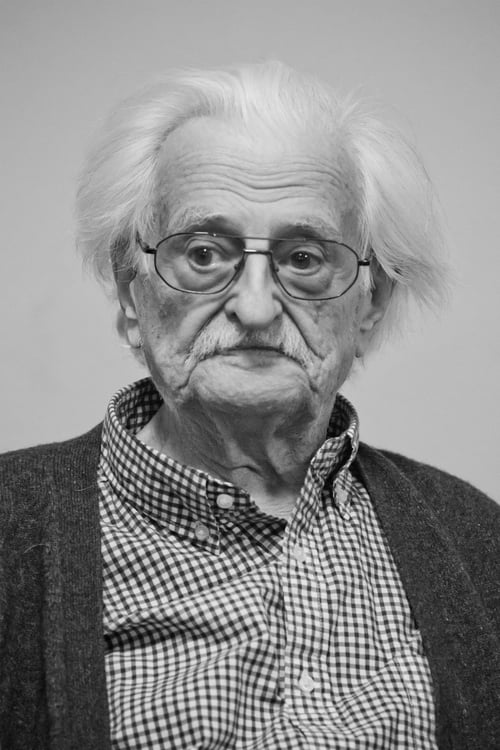The Scarlet Sail of Paris (1971)
Genre : War, Drama, History, Documentary
Runtime : 1H 21M
Director : Marlen Khutsiyev
Synopsis
Virtually unseen since its Soviet television broadcast in 1971, the film, Peter Rollberg writes, is “devoted to the anniversary of the Paris commune, mixing historical footage with images of present-day Paris.”
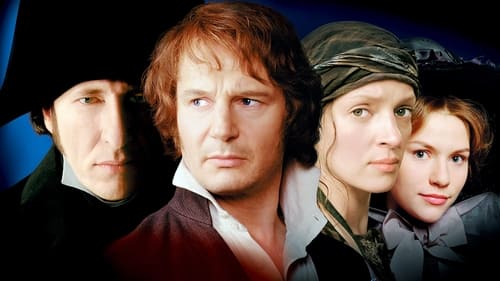
Jean Valjean, a Frenchman imprisoned for stealing bread, must flee a police officer named Javert. The pursuit consumes both men's lives, and soon Valjean finds himself in the midst of the student revolutions in France.
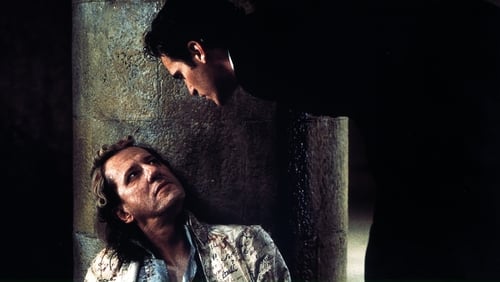
A nobleman with a literary flair, the Marquis de Sade lives in a madhouse where a beautiful laundry maid smuggles his erotic stories to a printer, defying orders from the asylum's resident priest. The titillating passages whip all of France into a sexual frenzy, until a fiercely conservative doctor tries to put an end to the fun.
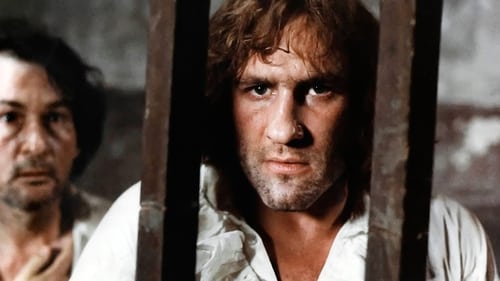
Danton and Robespierre were close friends and fought together in the French Revolution, but by 1793 Robespierre was France's ruler, determined to wipe out opposition with a series of mass executions that became known as the Reign of Terror. Danton, well known as a spokesman of the people, had been living in relative solitude in the French countryside, but he returned to Paris to challenge Robespierre's violent rule and call for the people to demand their rights. Robespierre, however, could not accept such a challenge, even from a friend and colleague, and he blocked out a plan for the capture and execution of Danton and his allies.
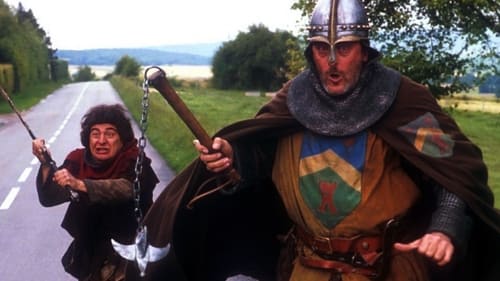
The sequel to The Visitors reunites us with those lovable ruffians from the French Medieval ages who - through magic - are transported into the present, with often drastic consequences. Godefroy de Montmirail travels to today to recover the missing family jewels and a sacred relic, guarantor of his wife-to-be's fertility. The confrontation between Godefroy's repellent servant Jack the Crack and his descendent, the effete Jacquart, present-day owner of the chateau, further complicates the matter.
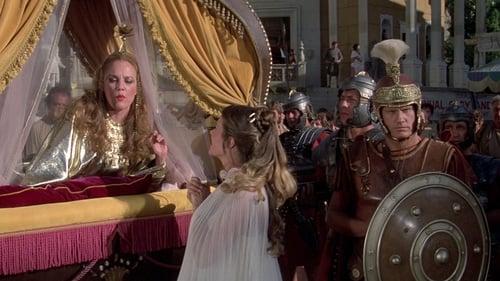
An uproarious version of history that proves nothing is sacred – not even the Roman Empire, the French Revolution and the Spanish Inquisition.
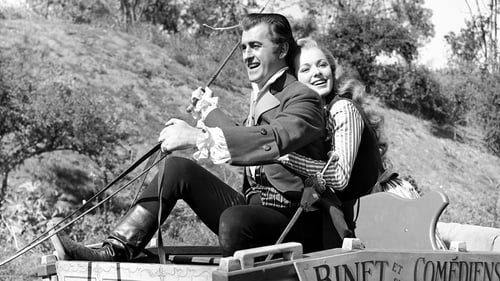
In 18th-century France, a young man masquerades as an actor to avenge his friend's murder.
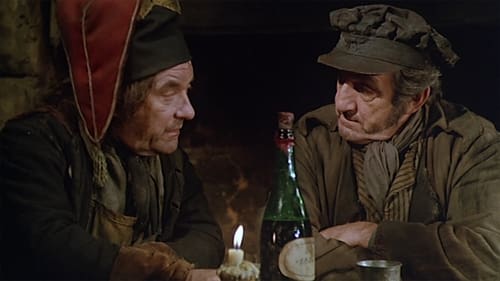
The story of Jean Valjean, a Frenchman convicted of minor crimes, who is hounded for years by an unforgiving and unrelenting police inspector, Javert.
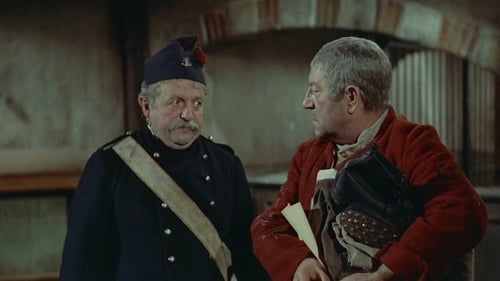
Victor Hugo's monumental novel Les Miserables has been filmed so often that sometimes it's hard to tell one version from another. One of the best and most faithful adaptations is this 240-minute French production, starring Jean Gabin as the beleaguered Jean Valjean. Arrested for a petty crime, Valjean spends years 20 in the brutal French penal system. Even upon his release, his trail is dogged by relentless Inspector Javert. Valjean's efforts to create a new life for himself despite the omnipresence of Javert is meticulously detailed in this film, which utilizes several episodes from the Hugo original that had hitherto never been dramatized. Originally released as a single film, Les Miserables was usually offered as a two-parter outside of France.

Nicolas Philibert goes to America after killing a French aristocrat. On his return he tries to divorce his wife, Charlotte, but when he sees others trying to woo her his own interest is rekindled.
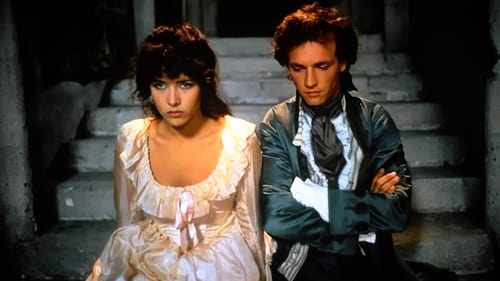
Directed by Philippe de Broca, the film recounts a bloody episode of the French Revolution. 1793, the Terror . In Vendée and in Bretagne, the chouans are revolting against the young Republic and fight for the monarchy restauration. The civil war divides also the family of the Count Savinien de Kerfadec, a liberal and generous noble and a flying machines inventor.
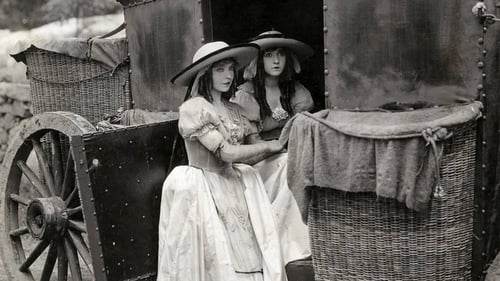
France, on the eve of the French Revolution. Henriette and Louise have been raised together as sisters. When the plague that takes their parents' lives causes Louise's blindness, they decide to travel to Paris in search of a cure, but they separate when a lustful aristocrat crosses their path.
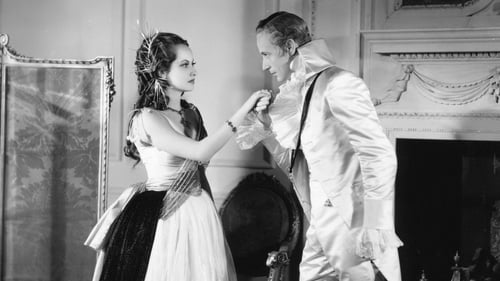
18th century English aristocrat Sir Percy Blakeney leads a double life. He appears to be merely the effete aristocrat, but in reality is part of an underground effort to free French nobles from Robespierre's Reign of Terror.

A history of the French Revolution from the decision of the king to convene the Etats-Generaux in 1789 in order to deal with France's debt problem. The first part of the movie tells the story from 1789 until August 10, 1792 (when the King Louis XVI lost all his authority and was put in prison). The second part carries the story through the end of the terror in 1794, including the deaths by guillotine of Louis XVI, Marie-Antoinette, Danton, and Desmoulins.
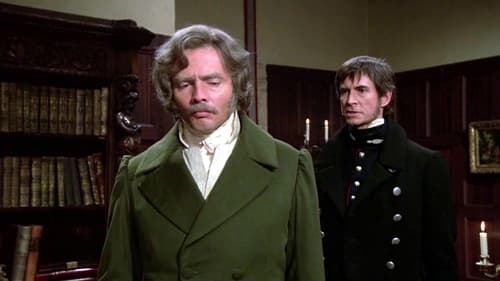
Jean Valjean, convicted of stealing bread, is hounded for decades by the relentless and cruel policeman Javert.
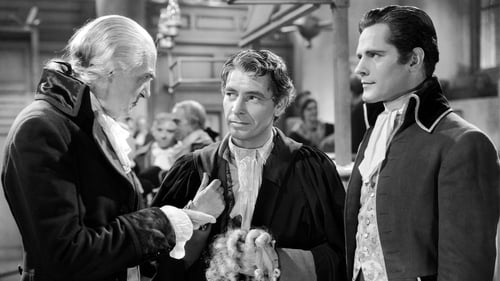
The exciting story of Dr. Manette, who escapes the horrors of the infamous Bastille prison in Paris. The action switches between London and Paris on the eve of the revolution where we witness 'the best of times and the worst of times' - love, hope, the uncaring French Aristocrats and the terror of a revolutionary citizen's army intent on exacting revenge.

During the French Revolution, a mysterious English nobleman known only as The Scarlet Pimpernel (a humble wayside flower), snatches French aristos from the jaws of the guillotine, while posing as the foppish Sir Percy Blakeney in society. Percy falls for and marries the beautiful actress Marguerite St. Just, but she is involved with Chauvelin and Robespierre, and Percy's marriage to her may endanger the Pimpernel's plans to save the little Dauphin
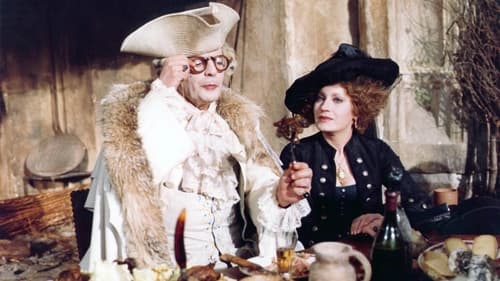
During the French Revolution, a surprising company shares a coach, trying to catch up something - the time itself, perhaps.
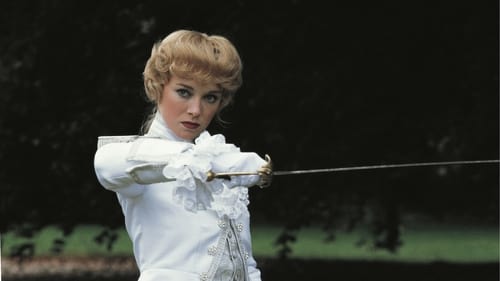
Oscar François de Jarjayes was born female, but her father insisted she be raised as a boy as he had no sons. She becomes the captain of the guards at Versailles under King Louis XVI and Marie Antonette. Her privileged, noble life comes under fire as she discovers the hard life of the poor people of France. She is caught up in the French Revolution, and must choose between her loyalty and love.
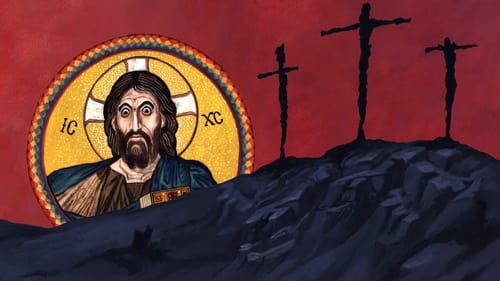
Jankovics's adaptation of the eponymous play is divided into multiple parts, and depicts the creation and fall of Man throughout history.
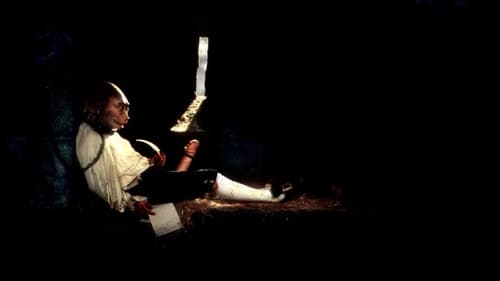
In pre-French Revolution Bastille, the Marquis is held being unjustly accused of working to overthrow the king. While his talking penis, Colin, longs for action, Marquis himself only desires to write his deviant stories in peace.

